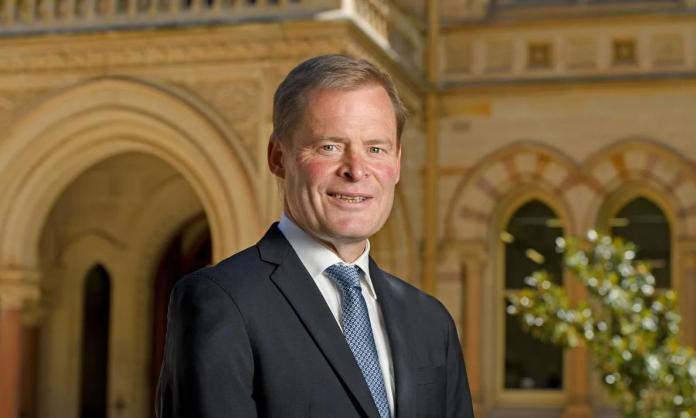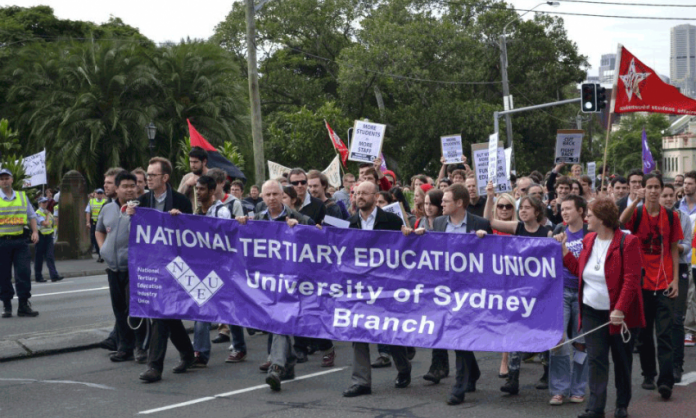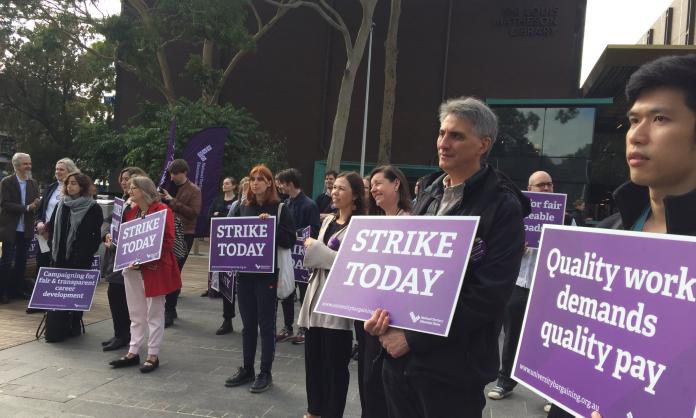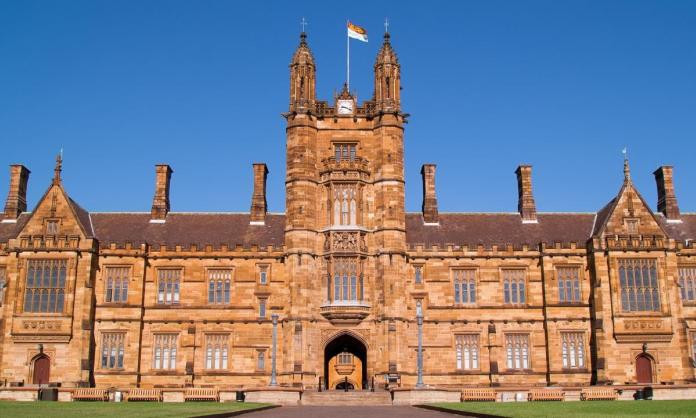When vice-chancellor Peter Rathjen took the reins at Adelaide University in 2018, he promoted himself as an Enlightenment man. His values included “the collegial approach to decision-making”, and the testing of ideas “through the rigours of intellectual debate”.
“For me, it’s about giving back”, explained the man now taking a $1.1 million salary. Fast forward two years. Rathjen has been hauled before the Independent Commissioner Against Corruption, for an investigation into “systematic misconduct and maladministration” at Adelaide. Both Rathjen and chancellor Kevin Scarce have disappeared from their posts, apparently sidelined.
COVID-19 has helped trigger the crisis of leadership at the top of the university. But the roots are deeper. Everywhere, the pandemic has exposed the neoliberal model of university-as-business. Starved of government funding and shifting to reliance on overpriced international student fees, universities are now confronted by their own short-termism.
This is especially pronounced at Adelaide. With the international student population making up nearly one-third of all enrolments last year, the university is now losing an estimated $118 million in revenues. According to the Financial Review, the university has a cash-flow surplus of just $12 million.
University workers will suffer for this disaster more than the vice-chancellors responsible ever will. Rathjen is on indefinite “special leave”, presumably with pay. The University of Sydney’s Michael Spence refuses to reduce his $1.5 million salary. Meanwhile, staff nationwide face the prospect of unprecedented attacks on hard-won conditions. It’s clear that no amount of such attacks, including pay reductions, will avoid sackings.
Only a full government bailout of the sector will fill the funding hole opened by COVID-19. A potential new attempt at merging Adelaide and the University of South Australia could result in mass layoffs. This highlights the importance of the rank-and-file fightback in the National Tertiary Education Union against the union leadership’s strategy of offering staff sacrifices to universities. Staff will need to fight to defend themselves and demand government money, not offer sacrifices to the Rathjens of the world.
The ICAC investigation has produced a lot of intrigue. Is Peter Rathjen a criminal? Rumours about that aside, ICAC will never investigate the criminal setup of the modern Australian university.
Peter Rathjen (and every vice-chancellor) is effectively a corporate CEO, running a business based on hyper-exploitation. Casualisation is widespread. Many workers jump between short-term contracts, while consistently working themselves to exhaustion with unpaid hours.
Peter Rathjen (and every vice-chancellor) has become enriched while restructuring and rationalising education. We shackle ourselves with debt for an increasingly shoddy product. International students are treated as nothing but cash cows to be charged exorbitant fees.
If we take universities’ own purported enlightenment values as a minimum standard, then every vice-chancellor is a criminal.











